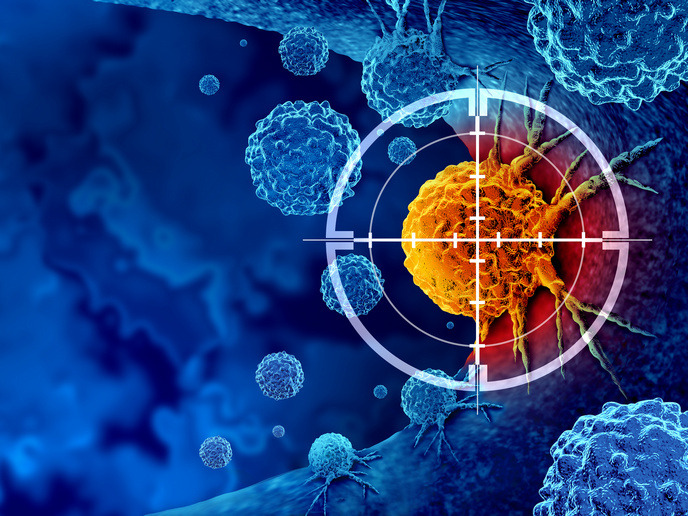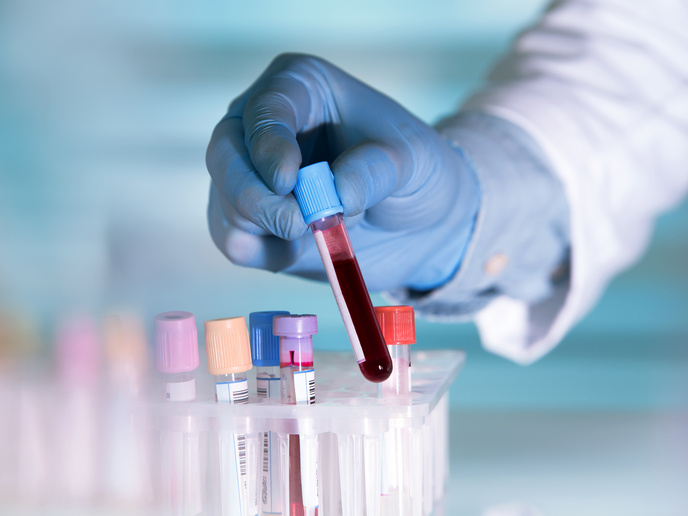Advancing the use of nano-immunotherapy in cancer treatment
Nano-immunotherapy is one of the next frontiers in cancer treatment. “Immunotherapy is a rapidly expanding field of cancer treatment that aims to ‘awaken’ the immune system to fight cancer,” says Edwin Bremer, a researcher at the University Medical Center Groningen (UMCG)(opens in new window) (website in Dutch). Nanoparticles, on the other hand, have emerged as powerful tools for the targeted delivery of immunotherapy-based treatments. “Put the two together and what you get is nano-immunotherapy,” adds Bremer. With the support of the EU-funded I-DireCT(opens in new window) project, Bremer is leading an effort to further advance the use of nano-immunotherapy solutions for treating cancer.
Opening the door towards cancer nano-immunotherapy
The project, which received support from the Marie Skłodowska-Curie Actions(opens in new window) programme, combined nanotech-based drug formulations with innovative academic and industrial immunotherapeutic concepts. “By combining the best of immunotherapy and nanomedicine, our goal was to develop next-generation drugs for treating cancer,” explains Bremer. While the project produced many important results, as is evident by the numerous scientific articles(opens in new window) it published, one outcome stands above the rest. According to Bremer, the project’s marquee outcome was the successful demonstration that protein-based therapeutics can be incorporated into various nanomedicine drug delivery systems. “This discovery paves the way for what we call cancer nano-immunotherapy,” he says.
Training the next generation of biotech researchers
In addition to developing next-generation drugs, the I-DireCT project also trained the next generation of biotech researchers. The training covered an array of disciplines, including the biomedical and physical sciences, and involved industrial partners. “Beyond the clear scientific output, the project’s most lasting legacy is the group of researchers that received unique training in the two very different fields of nanomedicine and immunotherapy,” remarks Bremer. “I believe these young scientists will be a vital part of the next generation of scientists and entrepreneurs that will drive European innovation.” The project team is currently working to further leverage the work done by its PhD students and to continue moving cancer nano-immunotherapy forward. For example, several of the researchers involved in the I-DireCT project are now involved in the EU-funded InnoCAR-T project, which, among others, is investigating the use of nanomedicine in a specific field of cancer immunotherapy called CAR T-cell.







